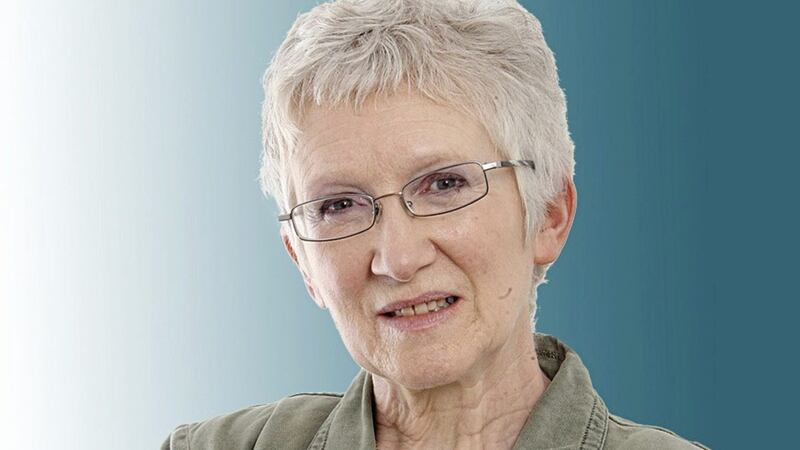Even this long afterwards, said a 70-year-old feminist in the south this week of the ordeal of 25-year-old Joanne Hayes, ‘it’s hard to take what happened to Joanne’.
Fitted up by gardai in 1984 for the murder of a new-born baby - after she had a baby that died at birth - Hayes was then humiliated by a team of lawyers in front of Mr Justice Kevin Lynch, the now-deceased chair of a tribunal meant to investigate the gardai. They had ‘gilded the lily’, the judge found eventually, but the Hayes family were ‘bare-faced liars’.
The scandal of that tribunal became news again thanks to a stunningly-belated gardai apology to Hayes last Tuesday. They will now re-investigate; DNA testing proves Hayes was not the mother of the murdered baby. Taoiseach, tánaiste and the minister for justice added apologies on behalf of the state.
Leo Varadkar said he was too young to remember the case, and how much Ireland had changed since the 1980s. A day later, though clearly decided before the Garda revelation, Fianna Fail leader Micheál Martin said he had changed his position of many decades, and the state should indeed provide for abortion.
Back in 1984 Mr Justice Lynch allowed lawyers to ask Joanne Hayes about her periods, her experience of pregnancy, her sexual history, to establish ‘what kind of lady do we have here?’ That Hayes, living in rural Kerry in the early 1980s was an unmarried mother pregnant more than once by a married man made her an easy target.
The damning book Nell McCafferty wrote on the case, ‘A Woman to Blame’, caught how vulnerable she was, how merciless the official climate of the day. Hayes faced questioning in court for longer than any witness in Irish legal history. She went to hospital haemorrhaging after the birth. McCafferty recorded that a detective got her name from a Cura file on local unmarried women who had recently been pregnant.
The Hayes affair flashback coincided with the most dramatic moment to date in the evolving southern campaign to legalise abortion – a senior politician’s public change of heart. The coincidence must surely influence the wider debate. Archbishop Eamon Martin has urged Catholics in the run-up to this year’s referendum to be ‘missionaries for the cause of life’. There were many such missionaries in 1984, enthused by the previous year’s referendum that put the Eighth Amendment into the constitution.
But after his declaration that he has changed his mind Micheál Martin’s most telling point was that today’s Republic is not a ‘country without abortion’ because of its ban on it.
As others before him in the debate also noted, the availability of pills which can cause an abortion in the first 70 days of a pregnancy is ‘widespread and growing’. As they are here. Martin made similar points to those of the Fine Gael health minister Simon Harris, though the younger man was more blunt about the state’s responsibility, its inability because of the legal situation to provide proper medical care. (No prominent politician here has yet made any such point.)
But Harris could not match the impact of such a turnaround from the leader of Fianna Fáil, successor to the revered, austere, father of the nation Dev. Leader of a party which at its last ard-fheis voted to oppose liberalising the law, Martin said that studying the report of the Oireachtas committee on repeal and the testimony of obstetrics professionals had helped to change his mind. ‘Most importantly I have sought to listen to the diverse contributions of women,’ he said.
Women known to the public only by a single letter of the alphabet – a reference to the A, B, C, and X cases - had exposed the Eighth Amendment’s ‘cruel inflexibility and unintended consequences’. It had caused real damage to Irishwomen. ‘If we are sincere in our compassion for women and if we are sincere in respecting their choices then we must act.’
The Dáil speech meant that in forthrightness Martin, in spite of his own recent past, has outpaced the Fine Gael leader. As internal FF critics began to manoeuvre, Varadkar was still explaining that although the law is ‘too restrictive and needs to be reformed’ he wants legal advice on the referendum’s likely wording before he makes his own position clear. A few observers called this a ‘crabwise’ approach. It is still more direct than the main parties here. Isn’t NHS abortion available now, and free - in Britain.








